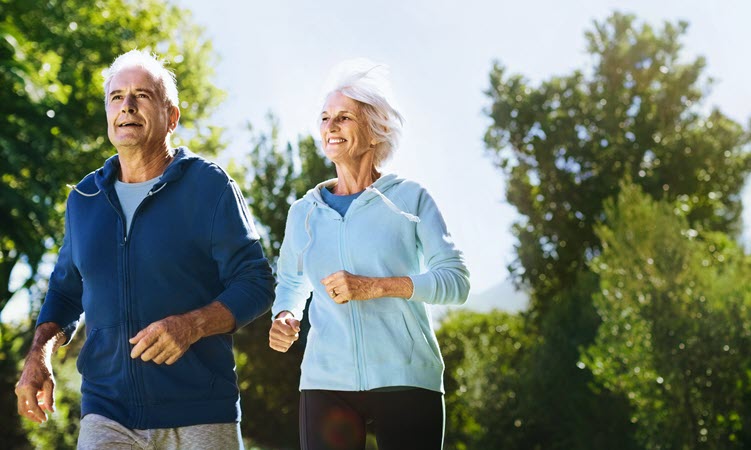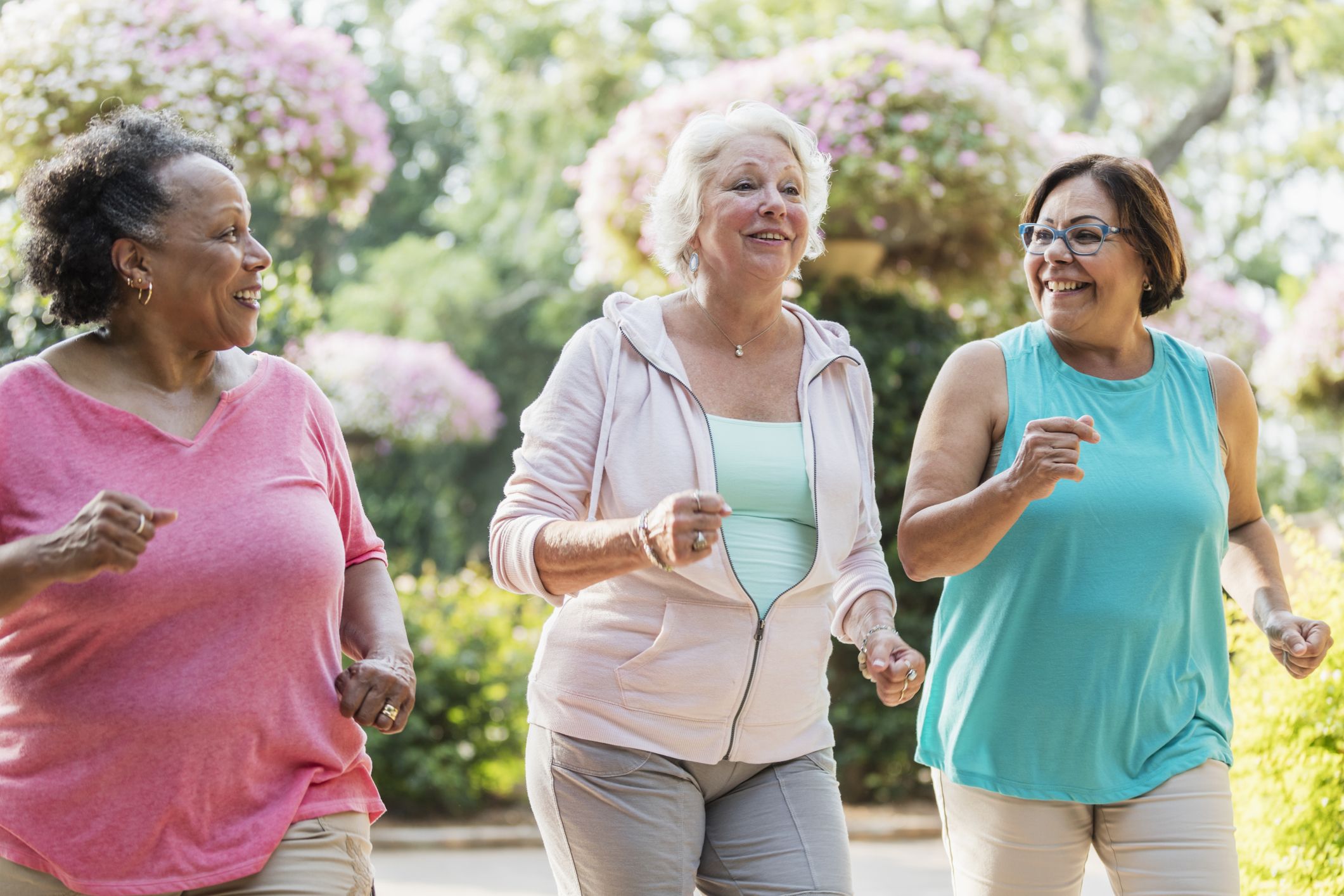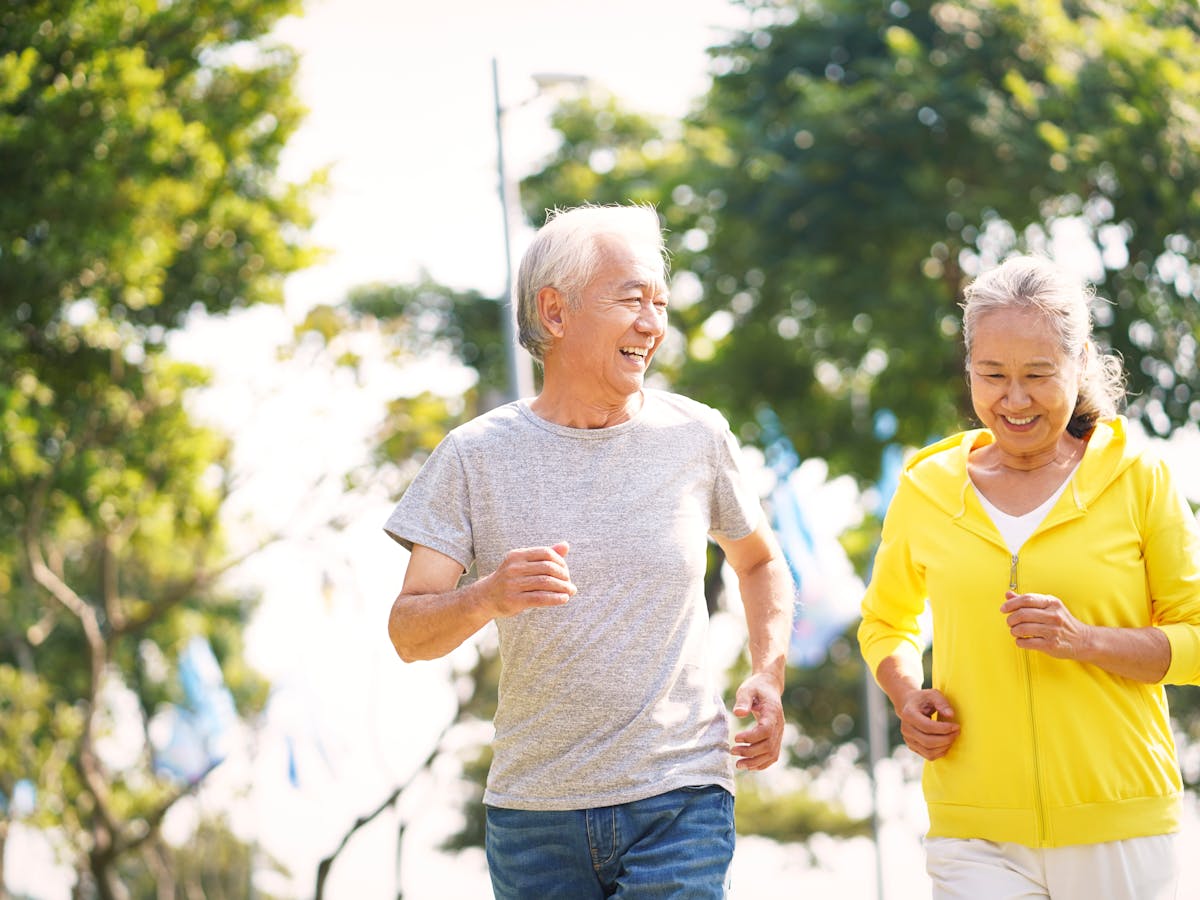12 diet tips for health and longevity
1. The quantity is smaller. The daily saliva secretion of the elderly is 1/3 of that of the young, and the secretion of gastric juice is also reduced to 1/5 of that of the young. Therefore, if you eat too much, your stomach will be bloated and indigestible. Therefore, the amount of food consumed by each meal of the elderly should be reduced by about 10% compared with that of the young, and at the same time, it is necessary to ensure that they eat fewer and more meals.
2. The quality is better. The protein in the diet plays an important role in maintaining the normal metabolism of the elderly body and enhancing the body's resistance. The average elderly person needs 1 gram of protein per kilogram of body weight and should be based on high-quality protein sources such as fish, poultry, eggs, milk, and soybeans.
3. Eat slowly. Chewing slowly and swallowing can easily produce a feeling of fullness, which can prevent overeating and make food digest better.
4. The taste is lighter. The taste function of the elderly has been reduced, and they are often tasteless. They always like to eat heavy-tasting foods to increase their appetite, which inadvertently increases their salt intake. Excessive salt intake will not only cause high blood pressure but also increase the burden on the kidneys, which may reduce the barrier function of the oral mucosa and increase the probability of cold virus survival and spread in the upper respiratory tract. Therefore, the daily salt intake of the elderly should be controlled at about 5 grams, while eating less sauced meat and other salty foods.
5. A little more vegetables. Eating more vegetables is good for cardiovascular protection and cancer prevention. The elderly should eat at least 300 grams of vegetables every day, mainly leafy vegetables and dark vegetables (such as dark green, red, orange, purple, etc.).
6. The food is fragrant. The "fragrance" mentioned here does not mean more seasonings such as salt and monosodium glutamate, but more seasonings such as green onions, ginger, garlic, etc. are appropriately added to the dishes. The human five senses are interlinked, and smell can be used to make up for the lack of taste. Smelling the fragrant food, the elderly will surely have an appetite.
7. Breakfast is better. Breakfast should account for 30%-40% of the total energy of the whole day. The quality and nutritional value should be higher and more refined. It is not suitable to eat greasy, fried, hard, and irritating foods. Breakfast includes staple food (such as steamed bread, dumplings, noodles, porridge, etc.), animal food (such as milk, eggs, meat, etc.), and vegetables or fruits.
8. Dinner earlier. "Stomach discord, restless night", eating too late for dinner will not only affect sleep, accumulate energy, cause overweight, but also easily cause urinary tract stones. The best time for dinner for the elderly should be around six or seven in the afternoon, and should not eat or eat less supper.
9. The food is warmer. Raw and cold foods are often cold, and eating too much will affect the digestion and absorption of the spleen and stomach, and even cause damage. Therefore, the elderly should try to avoid eating raw and cold foods, especially in severe winter.
10. The staple food is thinner. Making rice porridge is not only soft and hard, palatable, easy to digest, but also has the effects of invigorating the spleen and stomach, promoting body fluid and moisturizing dryness, which is beneficial for longevity and longevity. However, the elderly cannot drink porridge all at once because of this. After all, the porridge is mainly water, with less "dry goods". If things go on like this, malnutrition may occur. It is recommended to cook eight-treasure porridge, miscellaneous grains, and miscellaneous bean porridge.
11. A little more variety. The food should be both meat and vegetable, and the thickness should be matched. The more assorted the better. There should be no less than 10 kinds of main and non-staple foods (excluding seasonings) every day, preferably more than 20 kinds.
12. Drink more water frequently. The elderly are not sensitive to thirst and rarely take the initiative to drink water. I often think of drinking water when I am thirsty when my body is already in a state of dehydration. Middle-aged and elderly friends should learn to drink before being thirsty and take the initiative to drink water on time every day. Especially in the morning, a cup of warm water can moisturize the bowel, and a cup of warm water before going to bed can reduce blood viscosity and reduce the occurrence of myocardial infarction and stroke.





Comments
Post a Comment